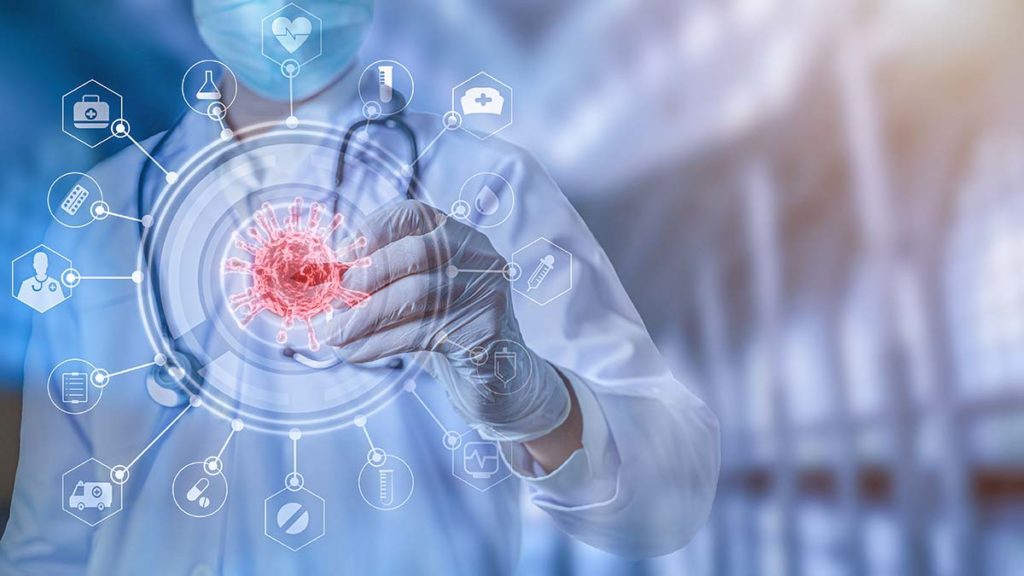
In the battle against Covid-19 multiple artificial intelligence laboratories are now turning to a surprising piece of evidence that could possibly help diagnose the illness: people’s voices.
A team of scientists from Harvard and MIT are using machine learning to go through voice recordings from COVID-19 patients and healthy people to try and identify certain vocal differences that would be able to indicate if somebody is carrying the virus. A similar project is also being carried out at Carnegie Mellon University’s CyLab.
So far, research is still in the initial stages however teams aim to develop AI tools that are able to tell if people have the coronavirus based on an audio recording of the voice. If this proves to be successful, the tools could therefore allow more people to choose to self-isolate even if they do not have access to a COVID-19 test.
If they can prove that it works, this would be a very easy-to-use-tool for businesses when they open up. People can just talk into a machine and the machine would alert them if there is something wrong. This would be a powerful technology that could be used for testing all over the world.
Research is being conducted at both Harvard and MIT, using speech audio data that is provided by Voca.ai, a start-up that specializes in selling AI powered customer service tools. The company has set up a web portal for voice recording donations and up until now, has gathered over 100 samples from COVID-19 patients and several thousand samples from healthy people.
Analysing people’s speech, coughing, and breathing patterns as a diagnostic tool is not new. Tussiphonography, is the study of coughing sounds and has been around for decades in the medical field. Now, artificial intelligence researchers are impressed by early reports from doctors that COVID-19 seems to have unique and specific effects on patients coughing and speech.
The research shows promise however, it has also hit some initial stumbling blocks. Artificial intelligence research that could help the world fight against COVID-19 has also faced difficulties due to their very limited experience with epidemiology.
To incentivise people to donate voice audio, Singh’s lab initially published a rough artificial intelligence tool online that is able to predict if people have a higher chance of being COVID-19 positive using voice samples, along with a disclaimer that the tool was not providing real and certified medical advice. Yet within 48 hours, Carnegie Mellon forced the lab to remove the online test which could have broken FDE guidelines and has been misinterpreted by people despite the disclaimer.
Of course, this is a valid concern and artificial intelligence teams should consider the ethical side of things. The other side of the argument is that hopefully the covered pandemic will pass, and once it does pass, hopefully, it will not come back. So if we do not get the data now, we are never going to have the data for research.
Screening for COVID-19 using voice recordings seems promising especially given how easy it is to get samples while maintaining social distancing. However there is simply not enough data at the moment to understand the diversity of the symptoms and the changes that happen when an individual becomes infected.